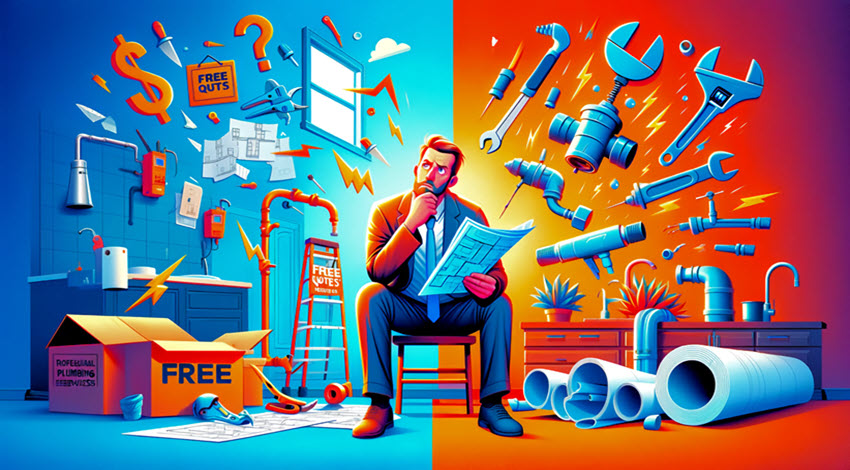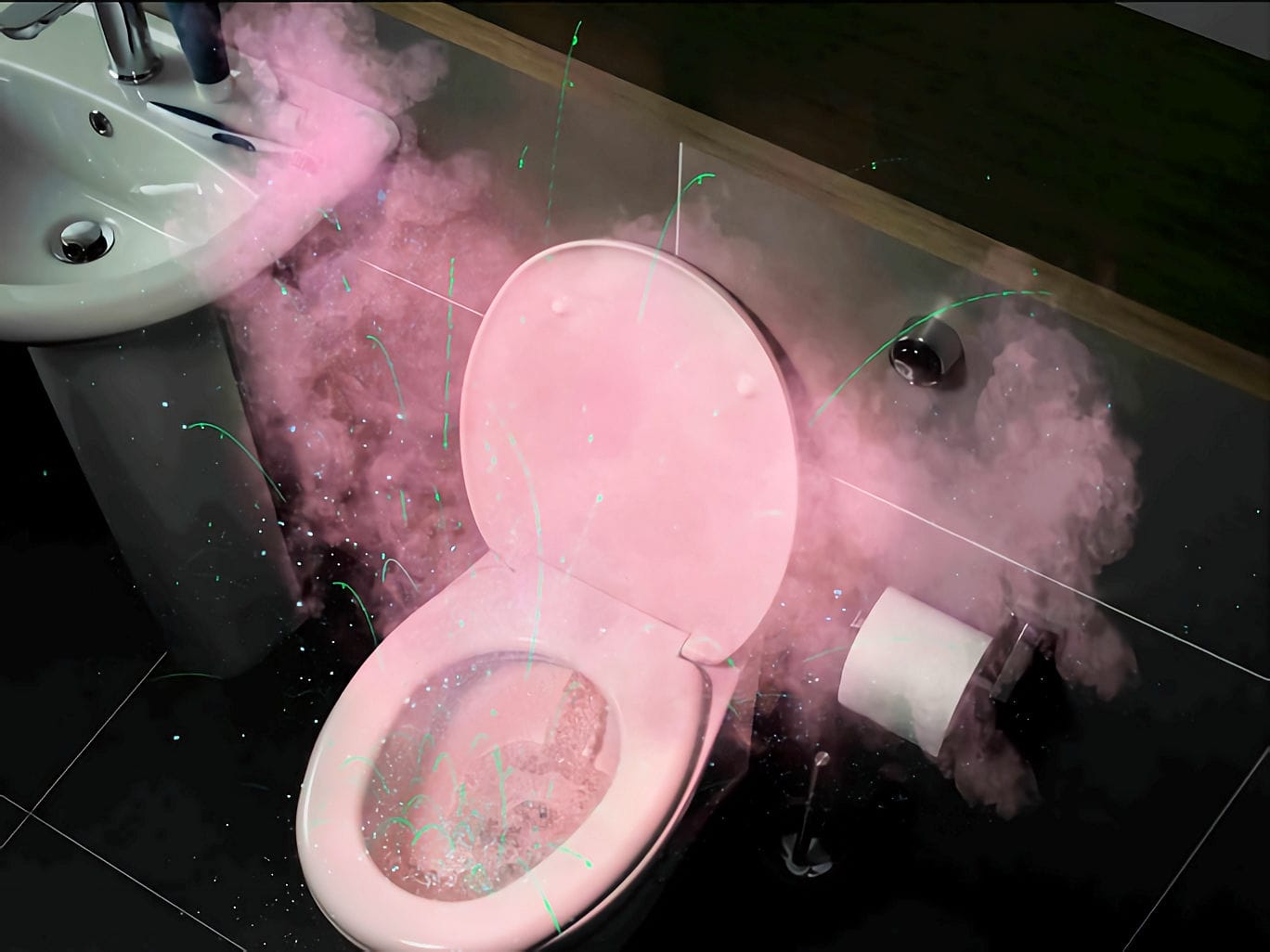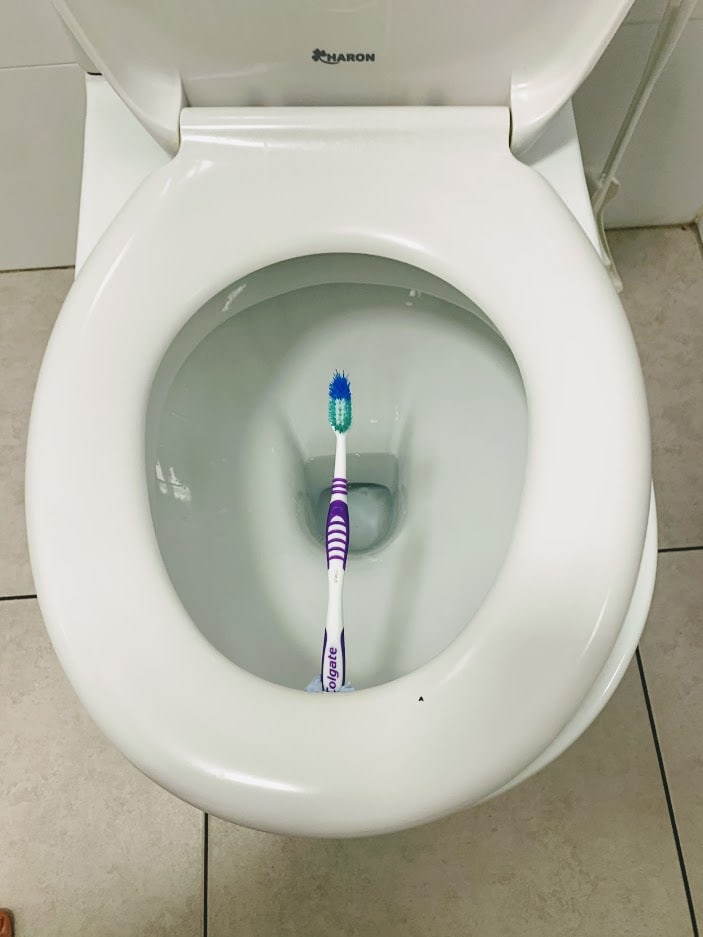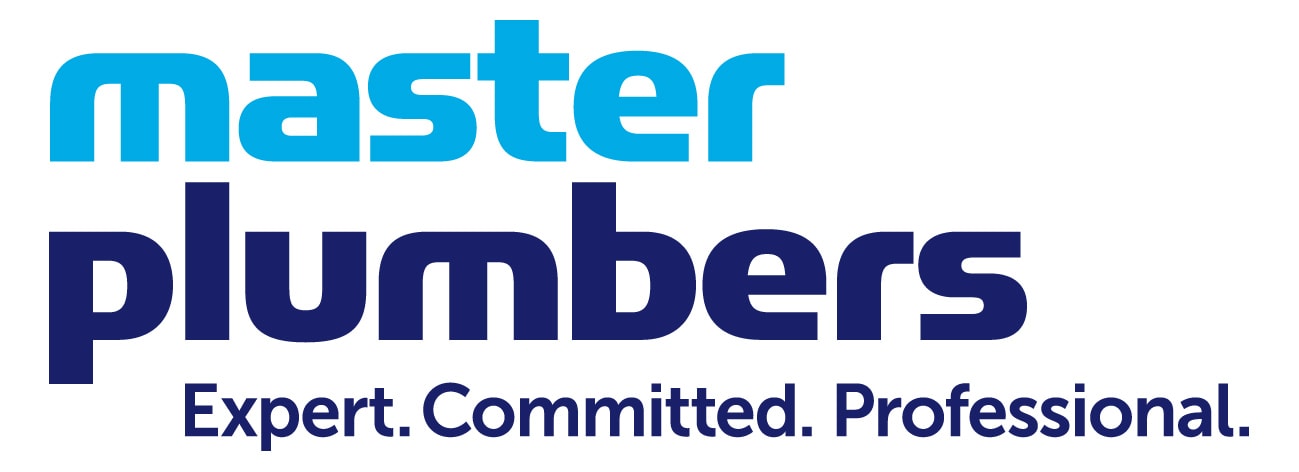
North Gold Coast Seahawks Basketball Gets a Major Boost with Whywait Plumbing Sponsorship
Whywait Plumbing Proudly Announces Sponsorship of North Gold Coast Seahawks Basketball
Gary Mays, the Executive Director and founder of Whywait Plumbing, is excited to share our incredible new partnership: We are proud sponsors of North Gold Coast Seahawks Basketball! This sponsorship highlights our dedication to championing local initiatives and nurturing community spirit.
Strengthening Community Ties
At Whywait Plumbing, we are committed to positively engaging with the communities we serve. Our partnership with North Gold Coast Seahawks Basketball perfectly aligns with our mission, blending our dedication to community service with the vibrant world of sports.
Supporting Local Sports
Our sponsorship is integral to supporting North Gold Coast Seahawks Basketball in numerous ways. It enables us to enhance training programs, upgrade facilities, and expand our community outreach. We firmly believe in the unifying power of sports and take immense pride in our contribution towards the development of local athletes.
Looking Forward With North Gold Coast Seahawks Basketball
We are thrilled about the potential this partnership holds for North Gold Coast Seahawks Basketball and the broader community. Witnessing the team’s extraordinary achievements and knowing that our unwavering support stands firmly behind them every step of the way is truly inspiring.
We invite you to join us in rallying behind the North Gold Coast Seahawks Basketball team this season. Let us all embrace the exhilaration and community spirit that this sponsorship brings, as we encourage our valued customers and community members to actively participate.
A heartfelt thank you goes out to North Gold Coast Seahawks Basketball for embracing us as part of your family. Here’s to a future filled with triumphs and shared success!
Stay connected with us to stay updated on our community initiatives and to discover more about how Whywait Plumbing continues to surpass expectations in service excellence and community support.


















